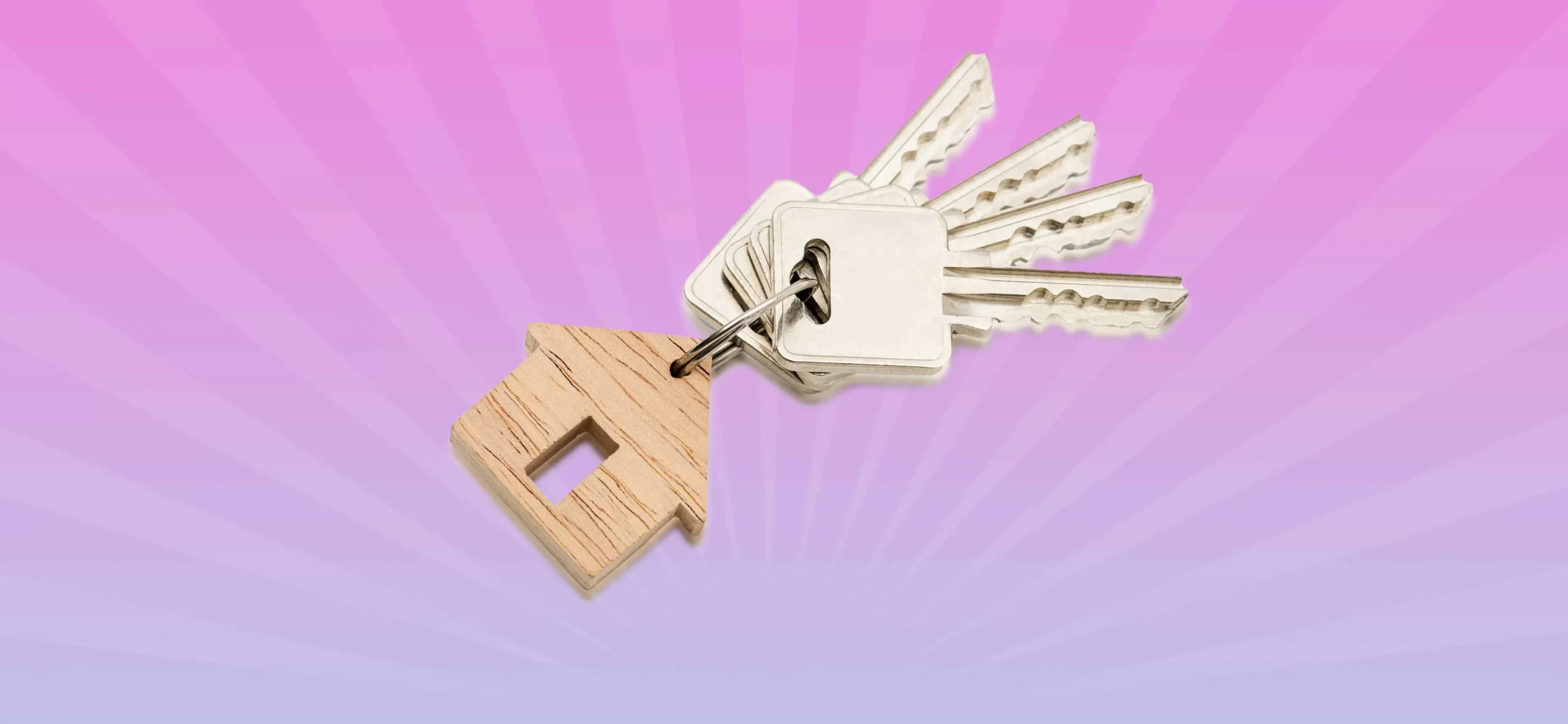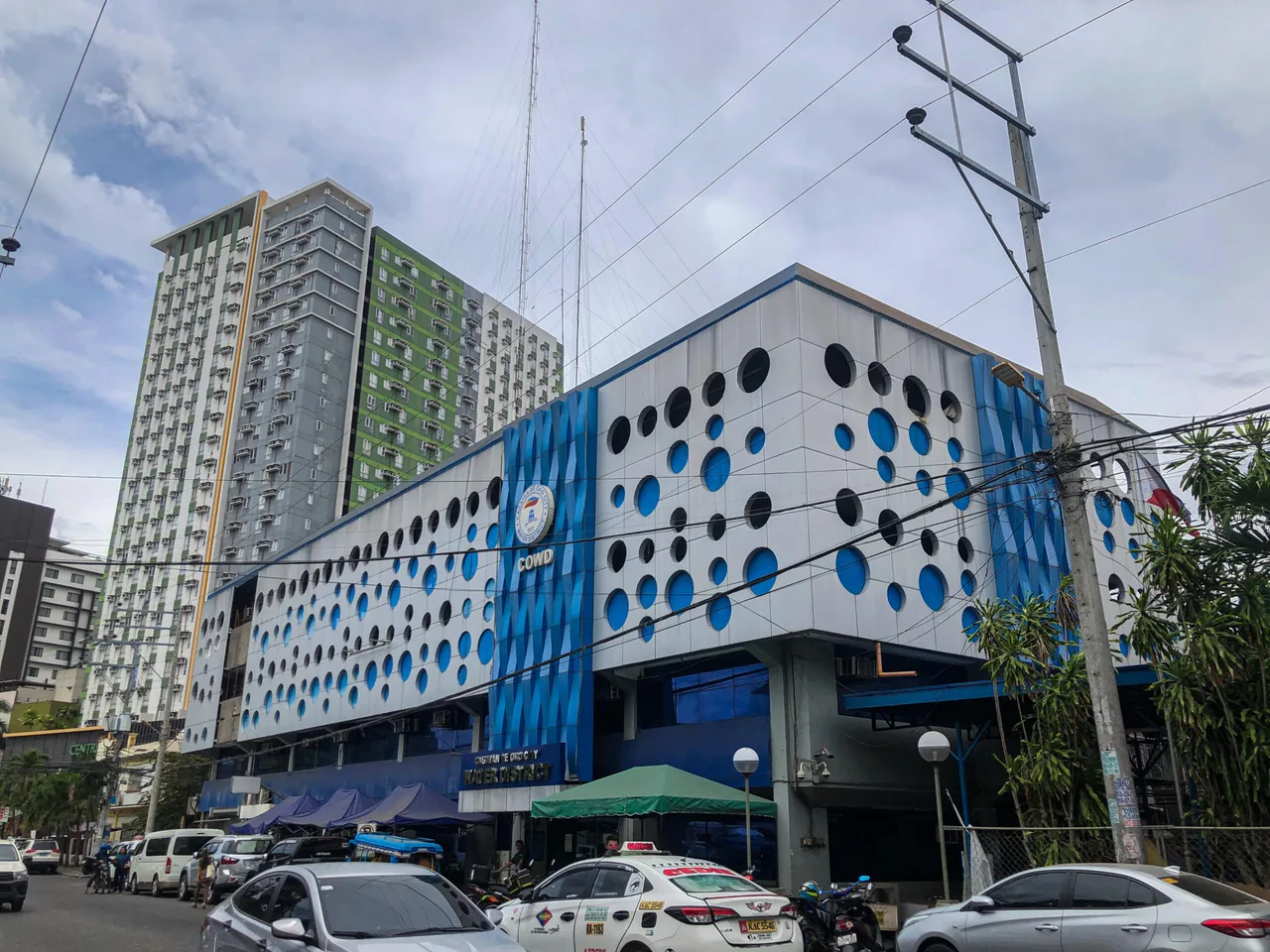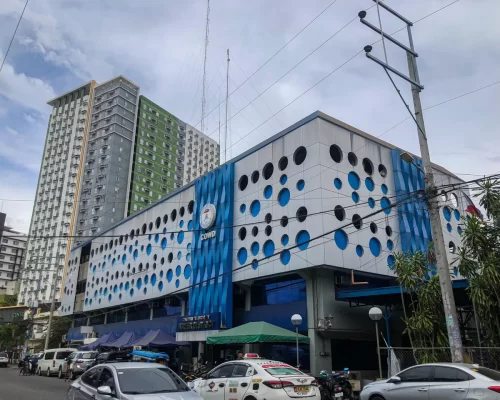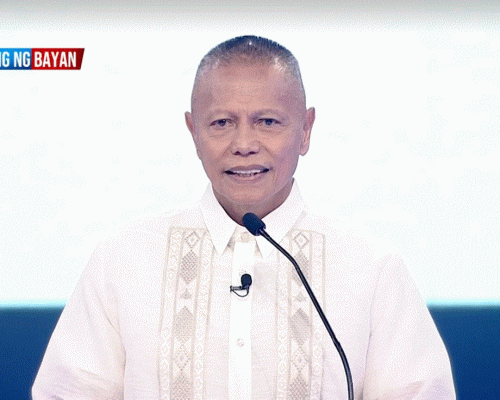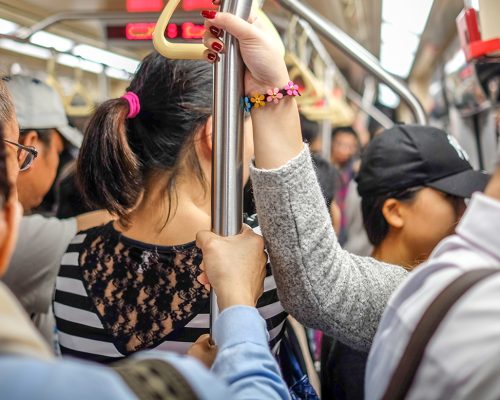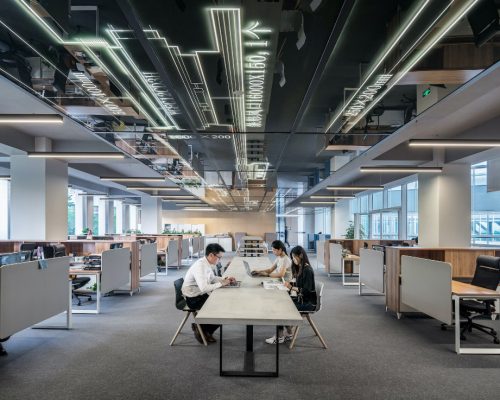Are you a property owner whose rental business was affected by the COVID-19 pandemic? Three years ago, property rentals were at an all-time low in Metro Manila in terms of rental rate and occupancy. People lost jobs and had the option to work from home so tehy were unable to finish the agreed lease contract term. All condominium units in Metro Manila implemented very strict rules for accepting new tenants for almost two years, with a lease period of at least one year. Some condominium homeowners’ associations required unit owners to pay a refundable bond to to ensure long-term rental only. All staycation businesses were not allowed to operate. Now that we are in the new normal, short-term rental is a great way to recoup losses from the pandemic, both for lessees and lessors. Here are just some of the advantages for both parties that I have observed based on my personal experience as a landlady for short-term rental.
More Income
Transient rentals can bring in about three times more income than long-term rental. For example, a fully furnished studio unit in BGC costs about PhP 30,000 to rent long-term. Airbnb rates in BGC start at 2,500/night or more depending on the condominium developer and location. The unit owner also has the option to increase the rate if the maximum occupancy is reached per booking. For long-term rental, the monthly payment is fixed for at least one year, with the option to increase rate at an annual basis only upon lease contract renewal. For last minute reservations and peak days, you may also increase the rate to capitalize on urgency and demand. You can also add additional service to guests like cooking and laundry with extra charges per day.
Flexibility
Tenants of short-term rentals have the option to get discounts for longer use if staying for multiple nights or weeks. There is no initial deposit and advance payment required to reserve a place. Unit owners can use the property in between booked dates so they can regularly check and monitor any needed repairs. Since the unit is not used daily maintenance and monitoring will be less than long-term rental. Offering your home as a transient house is also great for networking because clients can refer you to their contacts who also need a temporary home in the same area. Since opening my home for transients last August, I have had many return clients and referrals. If you have a property in a university town, the demand is very high during special events so you can offer early booking promos to your clients.
Renting out your property for transients will cost more in the beginning because you have to furnish the home. But if you already have a furnished home and extra space , you just have to promote it online or through friends. It’s easier to find temporary tenants than long-term renters, too. Some long-term renters ask to change/replace the appliances and furniture in the unit. You will not have this problem if you are renting out short-term. Though it is more risky, I agree, but just make sure to ask for identification documents, vaccination cards and client information sheet for security. Talk to them and ask them the purpose of their transient stay.
Though it is not a guaranteed monthly income as long-term rental, you can control the potential income of your property by following the tips that I mentioned above. It will help you pay for unexpected expenses or real estate tax increases better than long-term rental. Goodluck on your transient rental business!

